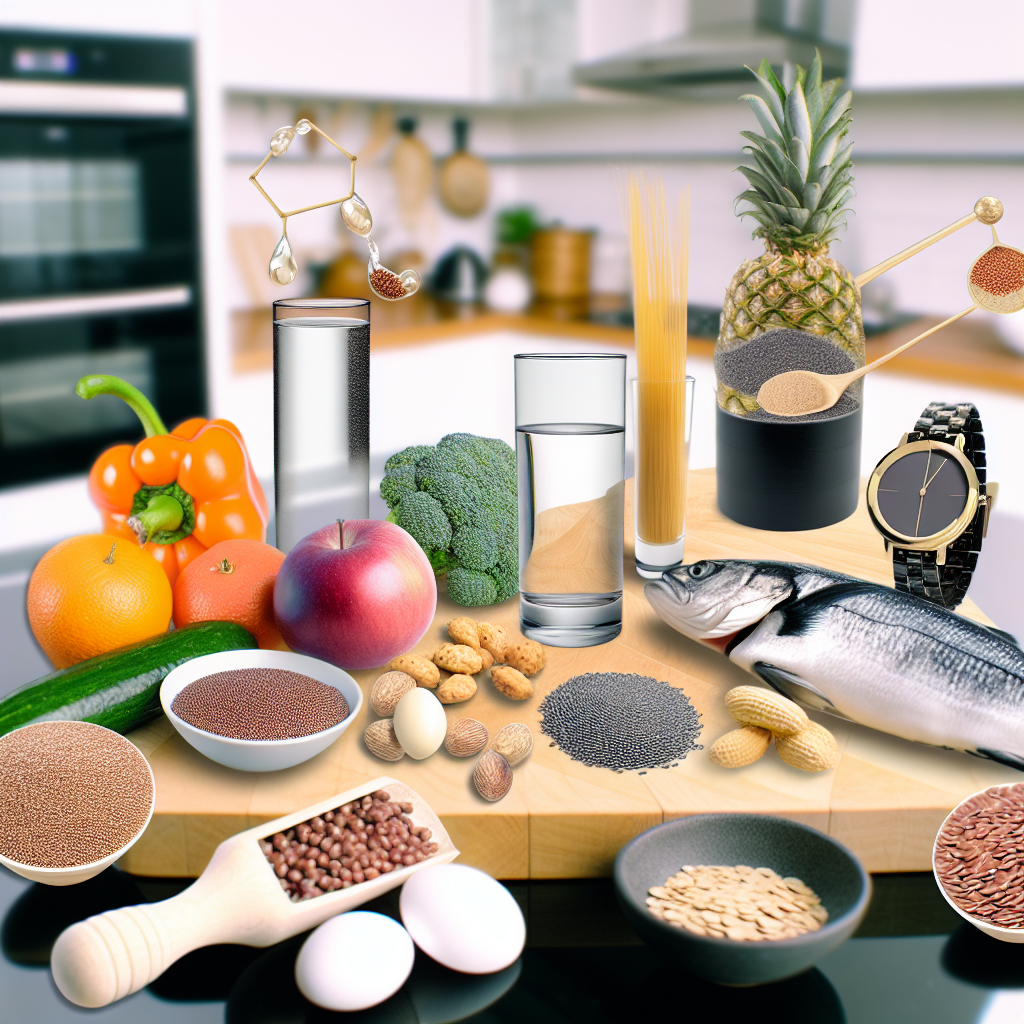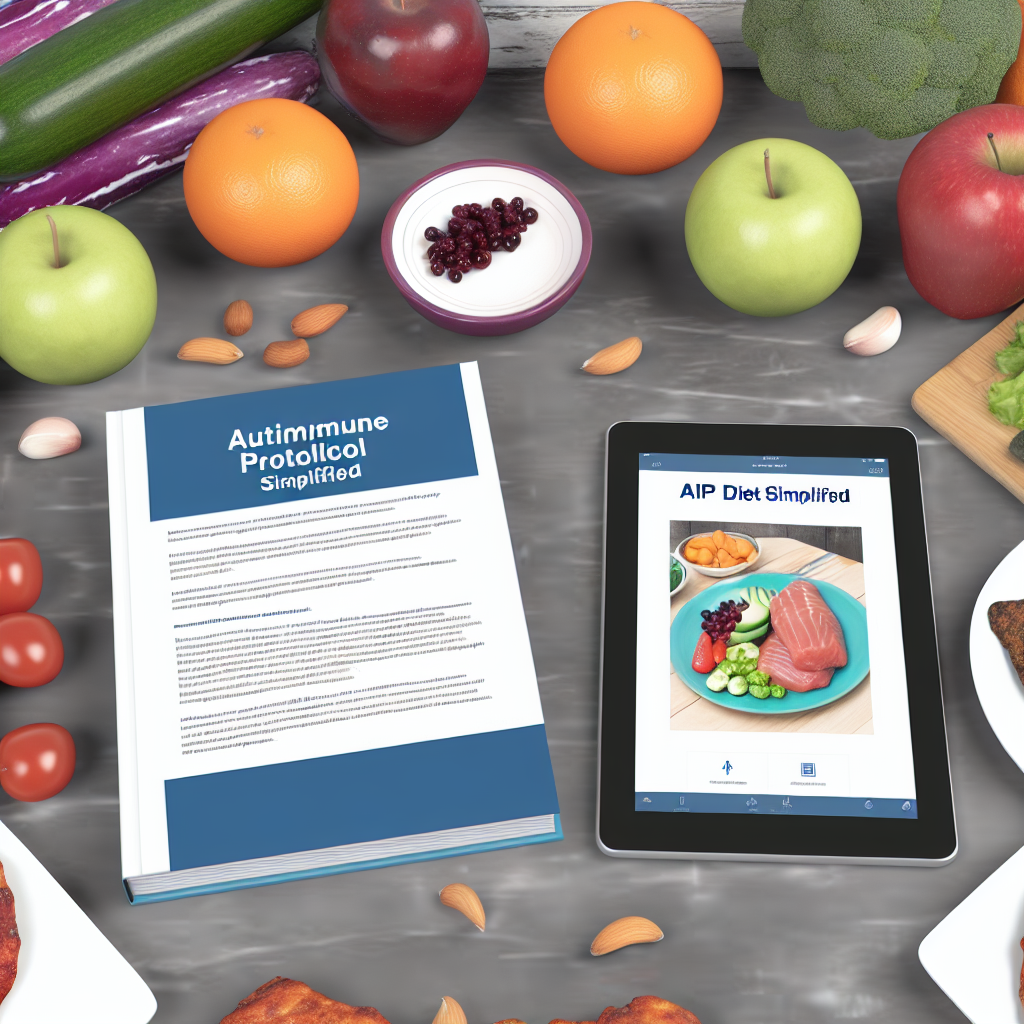# Nutritional Strategies for Perimenopause: Beyond Soy and Flaxseed
Introduction: A New Chapter, A New Approach
Perimenopause, the transitional phase before menopause, typically begins in women between their mid-40s and early 50s. Marked by fluctuating hormone levels—especially estrogen and progesterone—this period is often riddled with uncomfortable symptoms such as hot flashes, mood swings, weight gain, insomnia, brain fog, and irregular periods. Though a natural biological transition, perimenopause can nonetheless disrupt daily life for many women.
In recent decades, flaxseed and soy have been widely recommended for their phytoestrogen content, believed to mimic estrogen in the body and potentially ease some hormonal symptoms. But while these plant-based compounds hold promising properties, they don’t work equally well for all women. Furthermore, relying solely on these foods might not provide the comprehensive nutritional support necessary for navigating perimenopause effectively.
Today’s understanding of perimenopause has expanded well beyond simple hormone replacement or a soy-and-flaxseed diet. Nutrition is now recognized not only as a therapeutic tool but also as a proactive strategy to help manage hormonal balance, reduce inflammation, support adrenal health, and improve overall well-being during this stage of life. Experts are increasingly turning to nutrient-dense whole foods, adaptogenic herbs, targeted supplements, and anti-inflammatory diets to provide a better-rounded approach.
Emerging evidence highlights the importance of dietary diversity during perimenopause, as both macro- and micronutrient needs may shift. Nutrients such as magnesium, vitamin B6, omega-3 fatty acids, and calcium play a critical role in managing sleep disturbances, mood swings, bone health, and cardiovascular function. Herbs like ashwagandha, chaste tree berry (vitex), schisandra, and rhodiola are gaining traction for their adaptogenic qualities and hormonal balancing benefits. Fermented foods, probiotic-rich items, and digestive support are also crucial, since gut health significantly influences estrogen metabolization and detox pathways.
What’s clear is that a one-size-fits-all approach doesn’t work. In this article, we’ll explore sophisticated and holistic nutritional strategies—beyond the well-trodden paths of soy and flaxseed—to empower women to navigate perimenopause with resilience and grace. Equipped with science-backed insights and natural treatments, you can adopt a functional nutrition approach that supports hormonal harmony and overall vitality in this important life phase.
Real Food, Real Relief: Evidence-Based Nutrition for Perimenopause
Over the years, multiple medical and nutritional studies have underscored the role diet can play in easing perimenopausal symptoms. One significant insight comes from a review published in the journal *Nutrients*, which emphasizes how diets rich in anti-inflammatory foods, omega-3 fatty acids, and antioxidant-rich fruits and vegetables can reduce the incidence and severity of perimenopause-related discomforts such as hot flashes and joint pain ([source](https://www.ncbi.nlm.nih.gov/pmc/articles/PMC7071391/)).
A randomized controlled trial published in *Menopause: The Journal of The North American Menopause Society* found that dietary interventions involving increased servings of fruits, vegetables, and whole grains were associated with reduced vasomotor symptoms and improved metabolic markers in perimenopausal and menopausal women ([source](https://journals.lww.com/menopausejournal/Fulltext/2019/11000/A_randomized_controlled_trial_of_dietary.13.aspx)).
Power Micronutrients: Small Nutrients, Big Impact
Specific micronutrients have also come into focus. Vitamin B6, for example, has shown promise in alleviating mood-related symptoms during perimenopause due to its critical role in neurotransmitter synthesis. Magnesium helps reduce anxiety and improve sleep, both common issues in this life phase. A study in *The Journal of Women’s Health* underscored how magnesium supplementation significantly reduced insomnia and mood disturbances in perimenopausal women ([source](https://www.liebertpub.com/doi/10.1089/jwh.2011.2922)).
Trust Your Gut: The Estrobolome and Hormonal Balance
Importantly, research has shown that gut health is intimately connected with estrogen regulation. The term “estrobolome” refers to the collection of gut bacteria capable of metabolizing estrogen. An imbalanced gut microbiome can impede estrogen elimination, leading to estrogen dominance, which exacerbates perimenopausal weight gain, bloating, and fibrocystic breast conditions.
Consuming prebiotic fibers—found in garlic, onions, leeks—and fermented foods such as sauerkraut, kimchi, and kefir helps preserve gut balance. According to a 2021 study in *Frontiers in Cellular and Infection Microbiology*, optimizing gut function may influence hormonal stability and improve symptom management ([source](https://www.frontiersin.org/articles/10.3389/fcimb.2021.733070/full)).
Nature’s Allies: Adaptogenic Herbs for Hormone Harmony
Adaptogenic herbs are also receiving scientific validation. Rhodiola rosea, traditionally used in Eastern European medicine, has been shown to improve fatigue, cognitive function, and stress resilience. A meta-analysis published in the *Phytotherapy Research* journal supported its anxiolytic and antidepressant effects, which could be especially beneficial during the emotional rollercoaster of perimenopause ([source](https://onlinelibrary.wiley.com/doi/10.1002/ptr.6511)).
Vitex agnus-castus (chaste tree berry), on the other hand, demonstrates efficacy in regulating menstrual cycles and alleviating premenstrual-like symptoms common in early perimenopause—validated by a double-blind study out of the University of Heidelberg in Germany ([source](https://pubmed.ncbi.nlm.nih.gov/11703260/)).
These studies highlight the broader picture: targeted nutrition, herbs, and holistic practices—rather than isolated nutrients or fleeting trends—provide the best support for women during this transitional life stage.
Conclusion: Nourish to Flourish Through Perimenopause
Perimenopause is a transformative chapter in a woman’s life—biologically, emotionally, and even spiritually. As much as it presents challenges, it also offers an opportunity for greater self-care, reflection, and empowerment. While soy and flaxseed may play a role in symptom management, an effective nutritional strategy for perimenopause must go much further.
Integrating anti-inflammatory foods, prioritizing gut health, supplementing with critical micronutrients, and exploring adaptogens that support adrenal and hormonal function all contribute to a more balanced transition. The key lies in honoring your body’s shifting needs through whole foods, mindful eating, and evidence-based botanical support.
You don’t have to navigate perimenopause feeling unbalanced or unsupported. Through comprehensive, natural approaches, you can enhance energy, stabilize mood, and reclaim vitality at every age. As ongoing research continues to define best practices, one thing remains clear: personalized nutrition rooted in holistic principles is one of the most powerful tools women can wield during perimenopause.
**Summary:**
This article explores sophisticated and holistic nutritional strategies beyond the common recommendations of soy and flaxseed to help women navigate the transitional phase of perimenopause. It covers the importance of anti-inflammatory diets, targeted micronutrients, gut health, and adaptogenic herbs in supporting hormonal balance, reducing inflammation, and improving overall well-being during this life stage. The key message is that personalized, evidence-based nutrition is crucial for empowering women to manage perimenopausal symptoms and reclaim their vitality.

Dominic E. is a passionate filmmaker navigating the exciting intersection of art and science. By day, he delves into the complexities of the human body as a full-time medical writer, meticulously translating intricate medical concepts into accessible and engaging narratives. By night, he explores the boundless realm of cinematic storytelling, crafting narratives that evoke emotion and challenge perspectives.
Film Student and Full-time Medical Writer for ContentVendor.com



